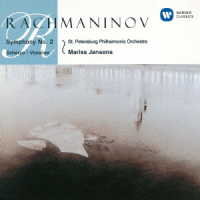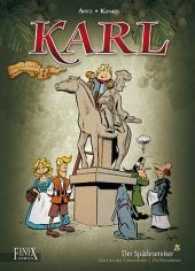- ホーム
- > 洋書
- > 英文書
- > Science / Mathematics
Full Description
This open access book addresses the following topics for the Seaflower Biosphere Reserve (BR) in the Colombian Archipelago of San Andrés, Providencia, and Santa Catalina, in the southwest Caribbean Sea, which is the world's largest BR and contains representative ecosystems of tropical island regions.
● Future regional climate behavior and forms of balanced relationships between humans and nature to promote climate change (CC) adaptation and mitigation strategies for tropical islands.
● The relevance of BRs as ideal locations to study and replicate interdisciplinary adaptation strategies. BRs are "living, dynamic laboratories" where local communities demonstrate safe and sustainable development possibilities. Island and coastal tropical BRs disproportionately face adverse effects of CC, making them a research priority with unprecedented intellectual challenges for their unique characteristics.
This collaborative effort
● Stimulates critical and interdisciplinary thinking around tropical island regions
● Presents new and different angles to understand local socioenvironmental impacts of CC
● Demonstrates the linkage between ecosystem services, human well-being, and CC adaptation
● Connects local experiences to global dynamics and processes, and vice versa
● Places the struggles and knowledge of the indigenous Raizal people at the forefront of CC and BR studies
● Examines relevant socioenvironmental pathways toward collective action for adaptive capacity, resilience, and ultimately contributes to sustainable development processes in BRs worldwide.
This book was financed by the Corporation Center of Excellence in Marine Sciences (CEMarin).
Contents
Chapter 1. Introduction.- Chapter 2. CMIP6 Ocean and Atmospheric Climate Change Projections in the Seaflower Biosphere Reserve - Caribbean Sea - by the End of the Twenty-First Century.- Chapter 3. Reconstructing the Eta and Iota Events for San Andrés and Providencia: A Focus on Urban and Coastal Flooding.- Chapter 4. Rapid Remote Sensing Assessment of Impacts from Hurricane Iota on the Coral Reef Geomorphic Zonation in Providencia.- Chapter 5. A Light Pollution Assessment in the Fringing Reefs of San Andrés Island: Towards Reducing Stressful Conditions at Impacted Coral Reefs.- Chapter 6. Ciguatera in the Seaflower Biosphere Reserve: Projecting the Approach on HABs to Assess and Mitigate their Impacts on Public Health, Fisheries and Tourism.- Chapter 7. The Biosphere Reserve Concept, Seaflower and Climate Change.- Chapter 8. Marine Ecosystem Services for Climate Change Adaptation and Mitigation Strategies in the Seaflower Biosphere Reserve: Coastal Protection and Fish Biodiversity Refuge at Caribbean Insular Territories.- Chapter 9. Climate Change Effects on Seaflower Biosphere Reserve Fishery Resources.- Chapter 10. Overcoming Iota: A Reflection on Old Providence and Santa Catalina in the Face of Climate Change.- Chapter 11. Archeology Expanded - A Multidisciplinary Approach for Natural Disaster Response. Long-term Vulnerability and Climate Change: Analyzing Three Archeological Sites on the Colombian Caribbean Island of Santa Catalina.- Chapter 12. Archeology Expanded - A Multidisciplinary Approach for Natural Disaster Response. Long-term Vulnerability and Climate Change: Analyzing Three Archeological Sites on the Colombian Caribbean Island of Santa Catalina.- Chapter 13. Taking Seaflower to the Classroom: A Proposal to Bring Sustainability Education to High Schools in an Oceanic Archipelago (Western Caribbean, Colombia).- Chapter 14. Advances and Needs in Marine Science Research in the Archipelago of San Andrés, Providencia, and Santa Catalina: A Literature Analysis.








